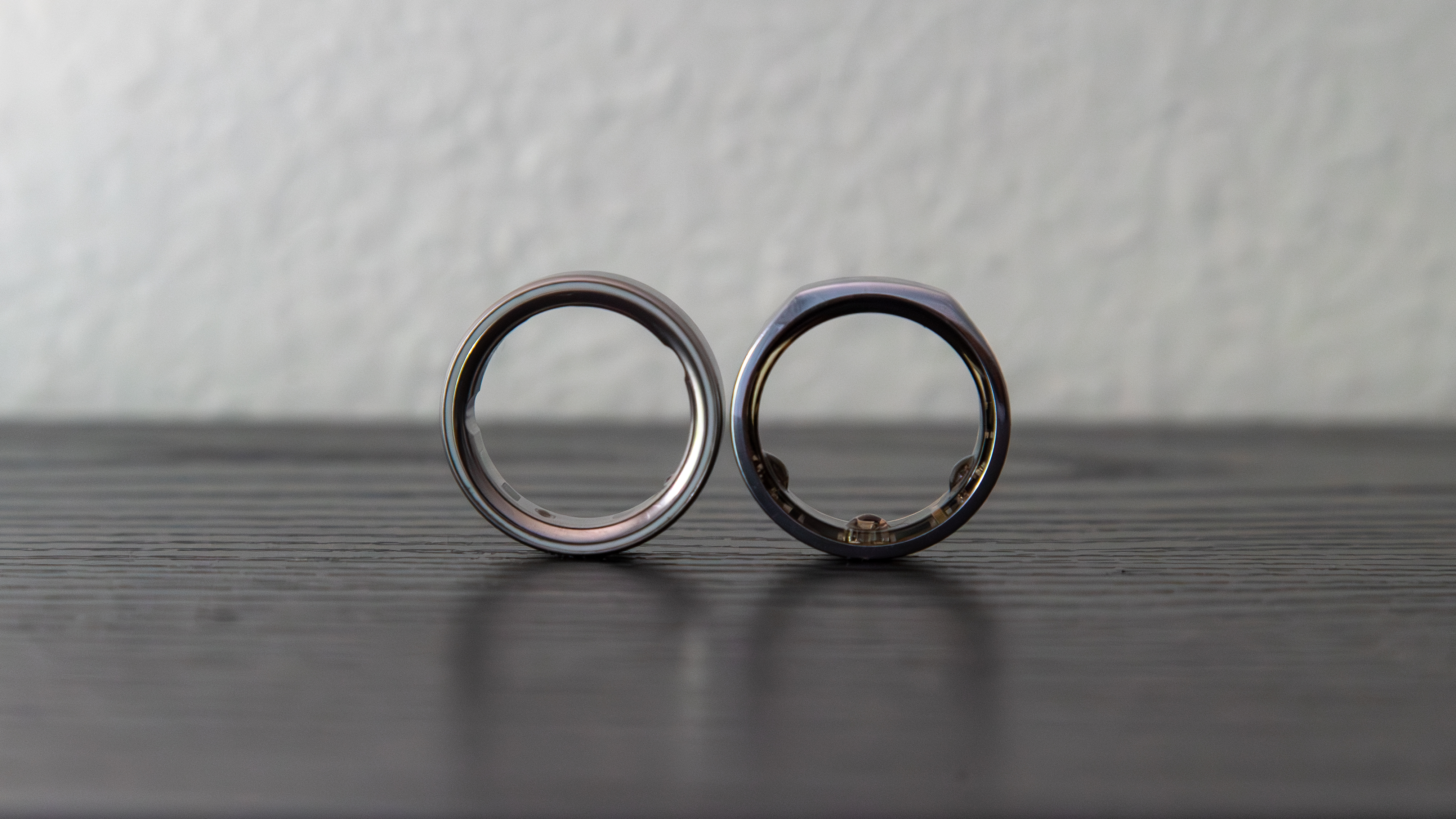Is Apple getting pushed around by the EU really a good thing?
Are we heading down the wrong path?
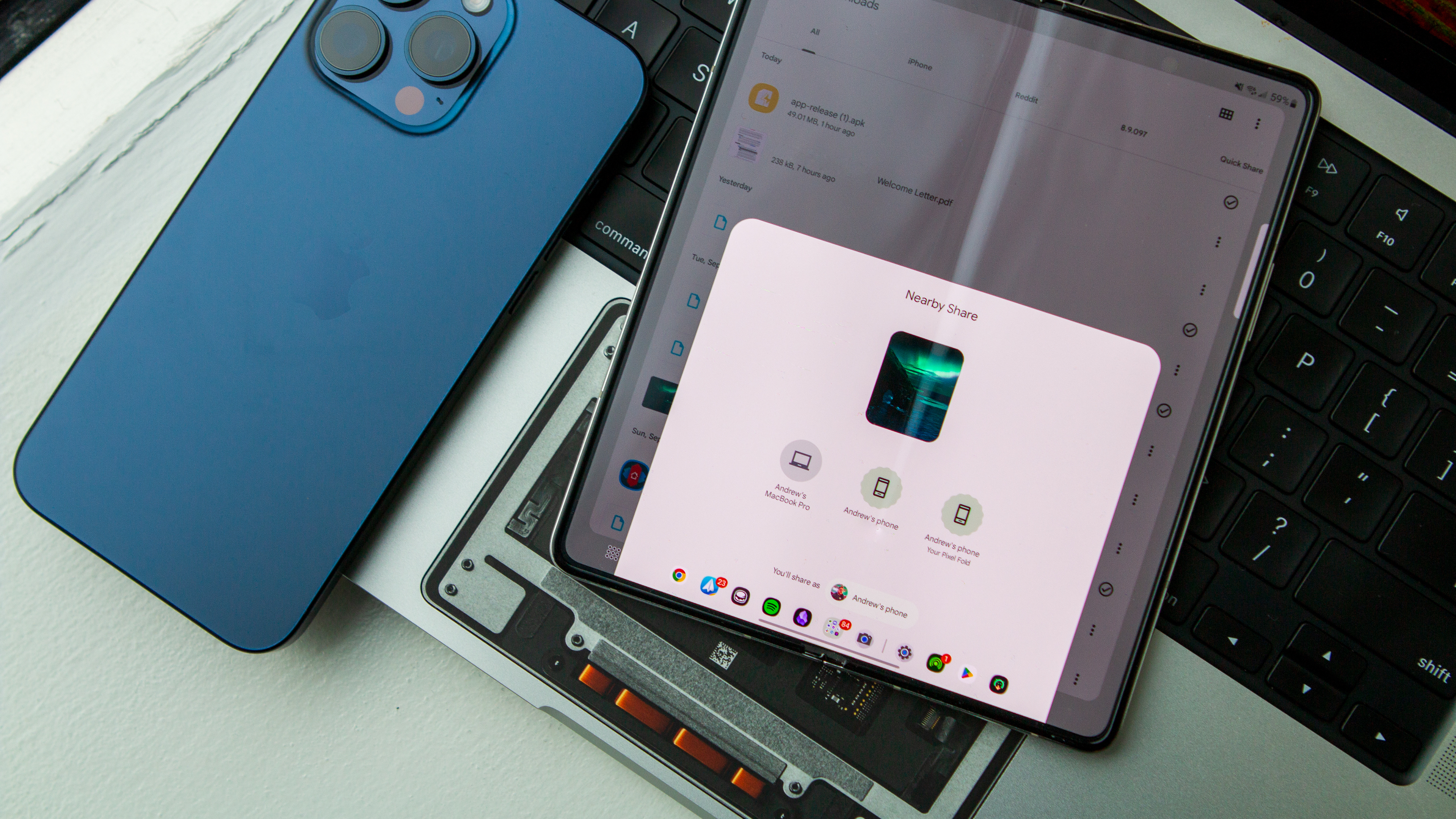

Beyond the Alphabet is a weekly column that focuses on the tech world both inside and out of the confines of Mountain View.
This year has been one of the weirder ones if you're in the Apple camp, as the company has made a few surprising decisions and announcements. The first of which was the eventuality of Apple making it possible to sideload apps onto your iPhone, without solely relying on the App Store. Then, we saw USB-C come to the iPhone 15 lineup, something that should have been done years ago but had not yet come to fruition. Finally, and more recently, Apple announced that it would be adopting the RCS standard sometime next year.
But, there's one recurring theme when it comes to all three of these announcements, and it's not because Apple is doing it out of the kindness of its heart. For years, Apple has been dealing with insurmountable pressure from other companies to basically "lower the walled gardens." However, instead of Apple moving at its own exhaustingly slow pace, these companies have run to the European Union to essentially force Apple into these changes.
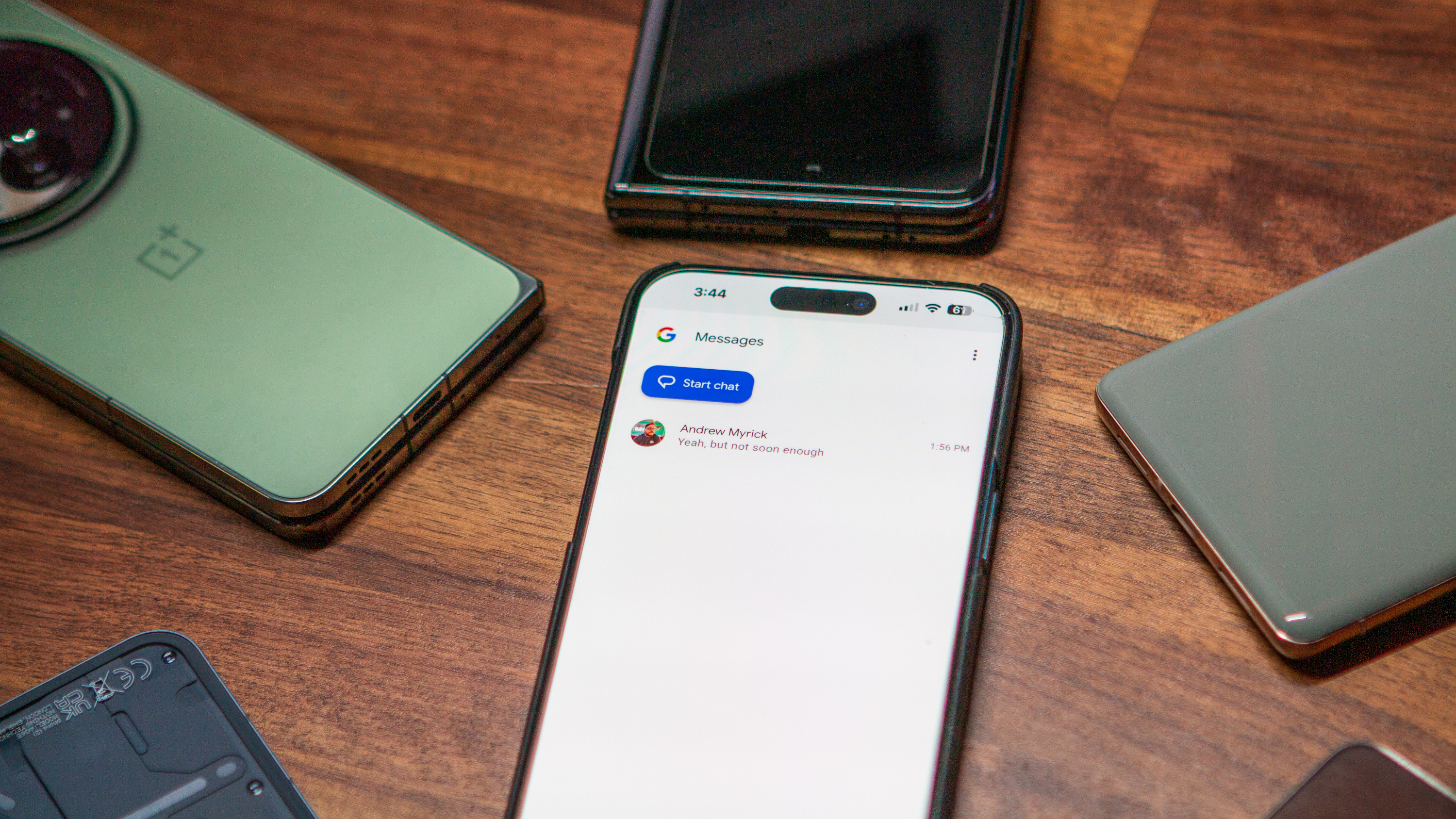
On the one hand, we can all be excited that USB-C is now common across all new and relevant smartphones. And, we can all rejoice that Android users will finally be able to send high-res images and videos to iPhone users via RCS without being lambasted into oblivion.
At some point, we have to ask ourselves whether Google and others writing letters to the EU to get Apple to play along is really a good thing. In certain aspects, this is what governing bodies are supposed to do, especially when it's something that benefits the end user. But, take one look at the recent Nothing Chats/Sunbird debacle and it should become apparent that Apple might just be onto something with keeping its walls where they are at.
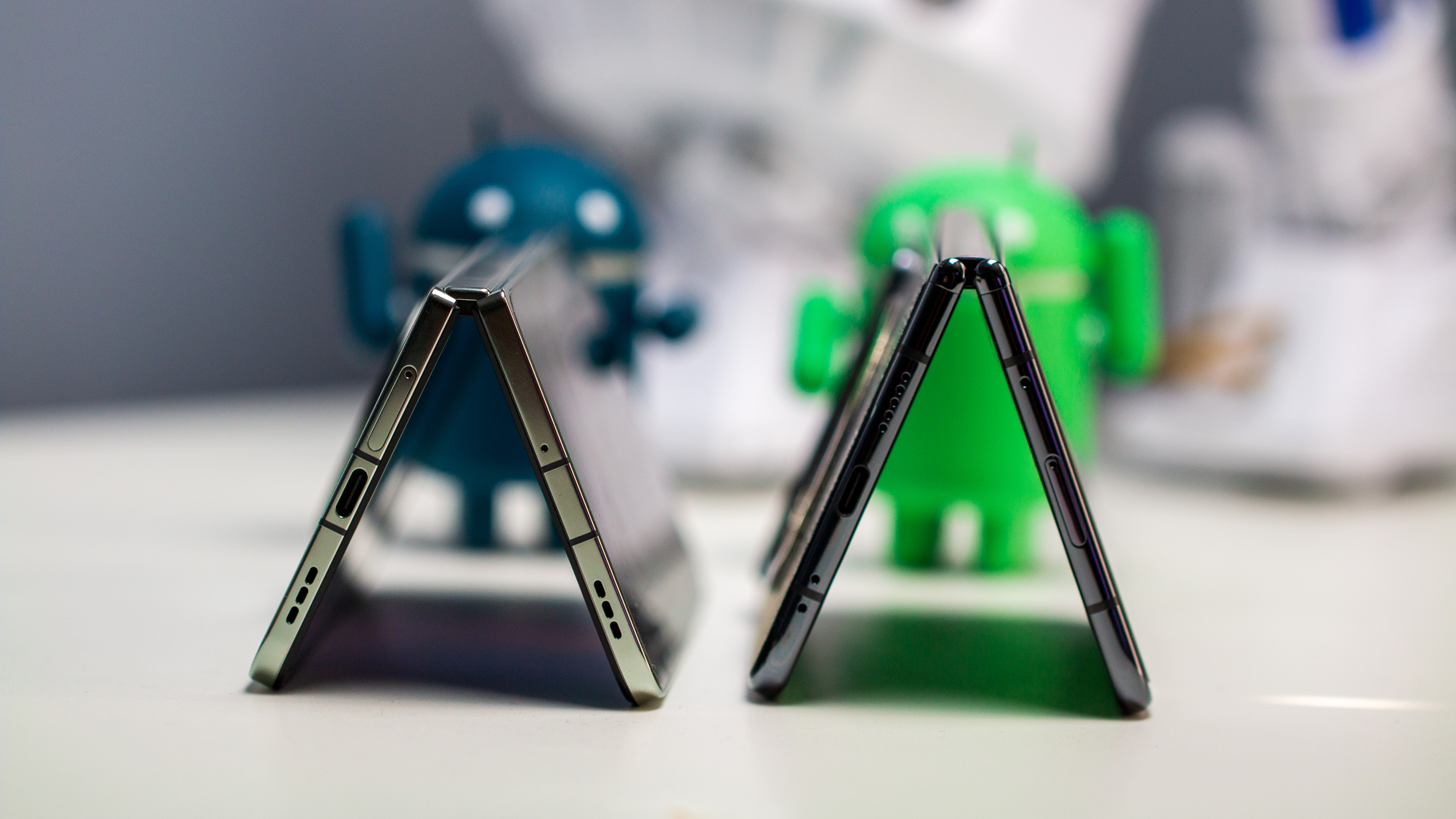
Something I've complained about over the past few years is that there simply isn't enough competition in the flagship phone segment. Why? Because various governments got involved, for better or worse. In terms of national security, it's probably for the best, but it doesn't change the fact that outside of Samsung and Apple, there isn't much competition.
Using foldable phones as an example, I couldn't be more excited to see the likes of Google and OnePlus challenge Samsung. But, it doesn't take a rocket scientist to look beyond the confines of the North American borders to see that Samsung has been dealing with pressure in other markets for years.
The OnePlus Open is the perfect example, as it's nothing more than a rebranded Oppo Fold N3. Oppo doesn't sell its phones here in North America, so in order to make any kind of impression, it had to rely on its OnePlus subsidiary in order to do so.
Get the latest news from Android Central, your trusted companion in the world of Android
All of this is to say that those of us here in North America have already seen what happens when a government makes a final decision that affects the smartphone market. To me, it almost feels as though history is repeating itself, albeit, much faster than it probably should be.

Google has been begging, pleading, and trying to take potshots at Apple whenever it can. The whole #GetTheMessage campaign is fun, and witty, and lets Google flex its marketing muscles. Then, after the "message" fell on deaf ears for literally years, it wasn't until Google "ran" to the European Commission to complain about Apple's unwillingness to adopt the platform that something actually happened.
As a quick aside, Google didn't even bring end-to-end encrypted RCS group chats to the masses until earlier this year. This is the drum that Apple is proud to keep beating when it comes to iMessage, as these have always been end-to-end encrypted. It's been this way since the inception of iMessage all the way back in 2011.
To be very clear, I'm not advocating that Apple should have held its ground. At the end of the day, it's one of those things that Apple has been overly stubborn about and will benefit everyone with a smartphone. I would even argue that simply adopting RCS isn't enough, as the "blue bubble vs. green bubble" stigma will remain a problem for years to come.
What happens if every time companies band together and petition the EU to make Apple do something it doesn't want to? With the exception of sideloading, which is a whole nother can of worms, adopting RCS and USB-C is fairly tame, but it might just be setting a precedent that stunts innovation.
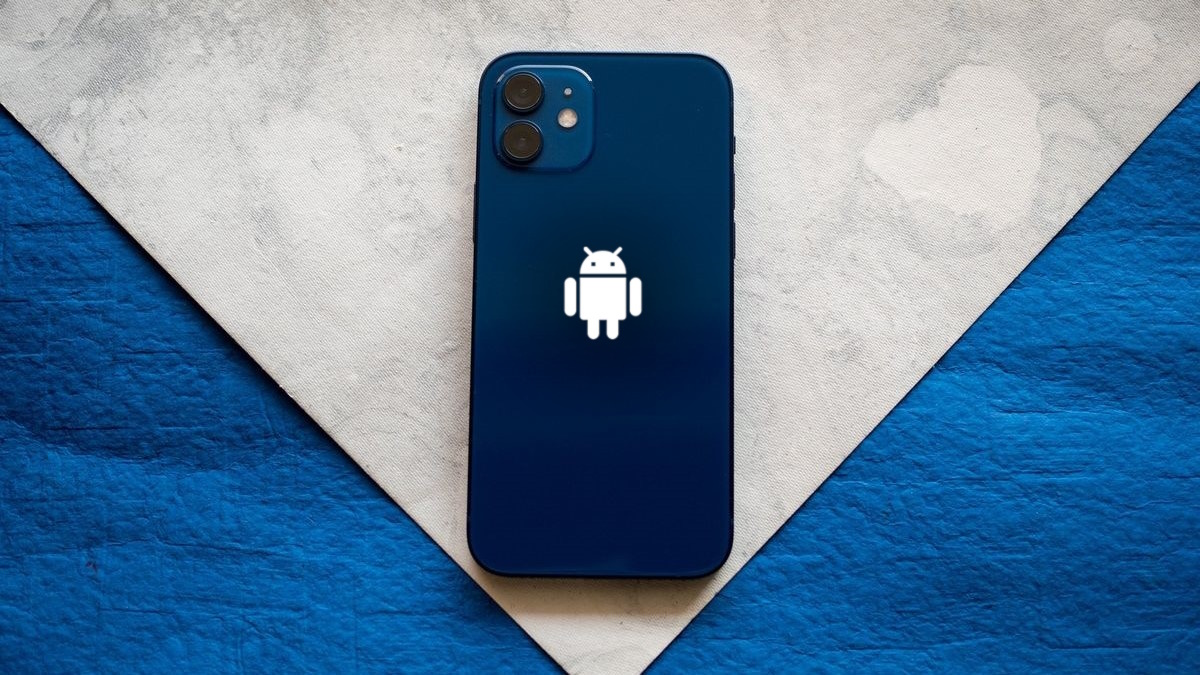
Unfathomable amounts of money are thrown into the R&D departments of these tech companies in an effort to try and bring new things to users every year. There might be something that's in the works right now that we've been wanting, and all it takes is one decision by a governing body acting as an "overlord" to throw it all away.
Then, what would even be the point of innovating? Do we really all just want to see Apple adopt everything that Android phones already offer? We're already living in a world where slab phones have reached their collective peak, save for a few minor things here and there. Personally, I don't want to see a smartphone market full of phones that are all practically identical, just with a different company's logo slapped on the back.
I'm probably being a bit too dramatic, but it definitely feels as though this is where the market is heading. Apple says no, companies can't convince them otherwise, so then the EU gets involved and says, "You have to by this date." Rinse, and repeat. In 2023 alone, the EU is 3-3 in getting Apple to comply, but we don't know what else might be coming down the pipeline. And frankly, I'm not sure that I want to know what might be next on the chopping block.

Andrew Myrick is a Senior Editor at Android Central. He enjoys everything to do with technology, including tablets, smartphones, and everything in between. Perhaps his favorite past-time is collecting different headphones, even if they all end up in the same drawer.
